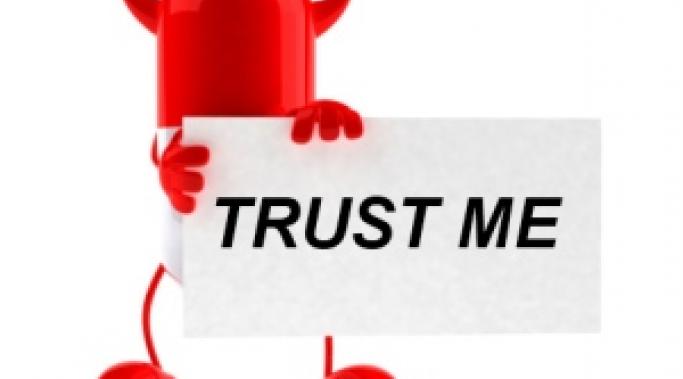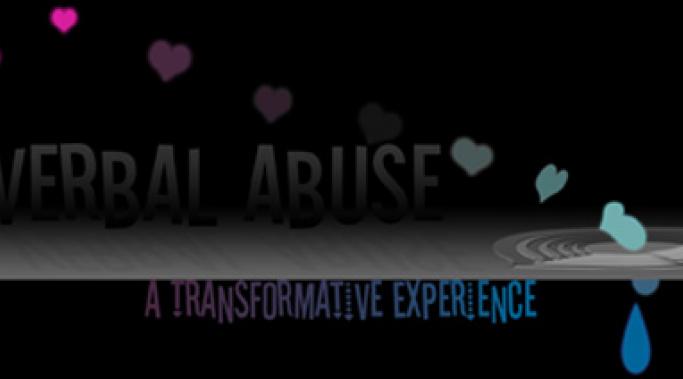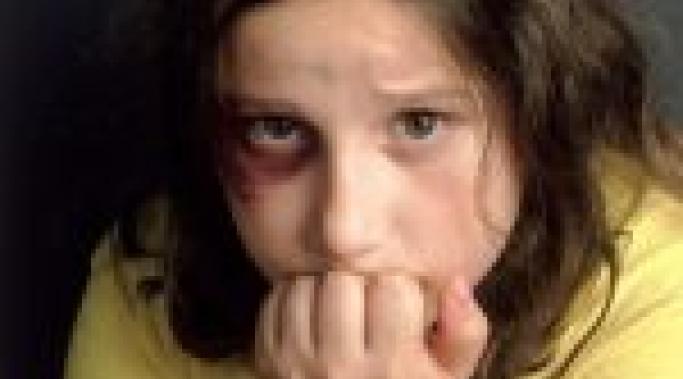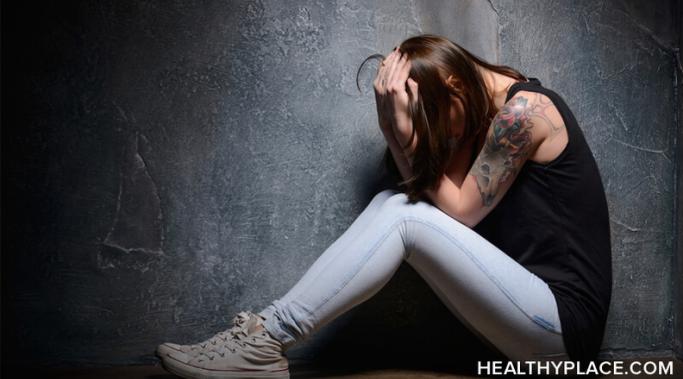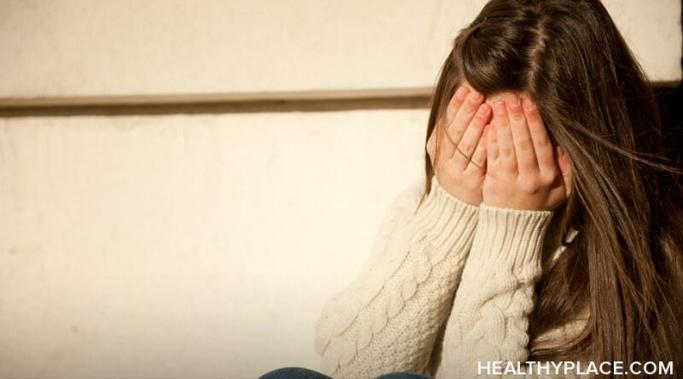Blogs
I was asked about how I have continued to work even through major bipolar storms. I found when I wrote about this topic, pages and pages were filled, so we’re splitting it in half. Today is part one: how to work an office job with bipolar disorder.
Some of you know I’ve had office jobs in the tech industry for most of my working career and only recently made a shift. And in those years I’ve had various severities of bipolar disorder. And what I’ve learned is this: working with bipolar disorder comes down to one thing - being stubborn.
After several phone calls and missed fax transmissions, I finally had Bob's most recent lab results in my hand and his psychiatrist's. His lithium level was surprisingly low. His BUN, however, was high--enough to generate concern he may be developing lithium sensitivity. His psychiatrist suggested the labs be reviewed by his general practitioner prior to making our next move.
I had forgotten long-term lithium use can lead to kidney failure. I have since added that to my list of Things to Worry About at 3 AM, and asked myself the question: Am I sacrificing my child's physical health for his mental health? Can't he have both?
Last week was my birthday. I didn't do anything or mark it in any way. That is mostly because, on my birthday, I look back and see bipolar behind me and I look forward and see bipolar in front of me.
In the beginning, he told me stories about the hardships he'd endured, and I thought I could be the one to show him what happiness felt like; I thought I could coax his mind away from the anger he held and fill his heart with love despite the pain he felt inside. I wanted him to have brightness and beauty in his life to rival the heartbreak and anger. I never thought I would become the source of his anger, the reason for his pain, or hated.
"My life was quite unbearable ... I tried ending my life several times at 8 years old," says Paula of surviving child abuse at the hands of her mother, who had Dissociative Identity Disorder. Perplexed by her mother's erratic swings from extreme violence to utter confusion to gentle kindness, Paula didn't understand her mom until she saw the movie Sybil.
The road to eating disorder recovery has been a long and difficult journey for me. I often have felt lost in the fog of anorexia, unable to relate to my husband or other people. I have struggled, at times, to even think when I was in my worst restrictive periods. Often, I would wake up and wish I had died in my sleep. I was that tired of fighting anorexia.
Today, I feel triumphant. I reached my healthy weight this week, and my doctor says I am ready to move onto the next step of recovery: peeling off the layers of anorexia and discovering my true self.
I'm somewhat reluctant to blog about suicide, but I have decided to put a few thoughts down. They're rushed, unfinished thoughts because that's the nature of the situation: a friend attempted suicide a few days ago. As I sat at the computer, contemplating what to say this week, I couldn't think about much else.
I think I’m pretty great as a general rule. I’m kind, caring, intelligent, creative, talented, sexy, witty and a bunch of other stuff. Not particularly greater than anyone else, just the normal amount of great.
Except for when I’m not, of course. Except for when I'm darkness sliced from evil. Except for when my slithering existence requires extinguishing. Then, I’m not so great.
Self-sabotage is hard for anyone to deal with. But I think managing self-sabotaging behaviors when you have Dissociative Identity Disorder is more difficult. So when I say that I think doing so is a matter of acceptance, communication, and compromise, I don't mean to over-simplify the monumental challenge that it is. Accepting things that directly impact your life in negative, destructive ways is frightening to say the least. But the most life changing negotiation with an alter I've ever had wouldn't have happened if I hadn't done exactly that.
Verbal abuse and brainwashing seem to go together like puzzle pieces. It seems that once a person figures out how to verbally manipulate someone, they can become verbal abusers and brainwashers of the highest order. Some people doubt brainwashing exists. But then, some people don't think verbal abuse counts as abuse. I believe verbal abuse and brainwashing have a long history of working together to get victims to do exactly as we're told.

